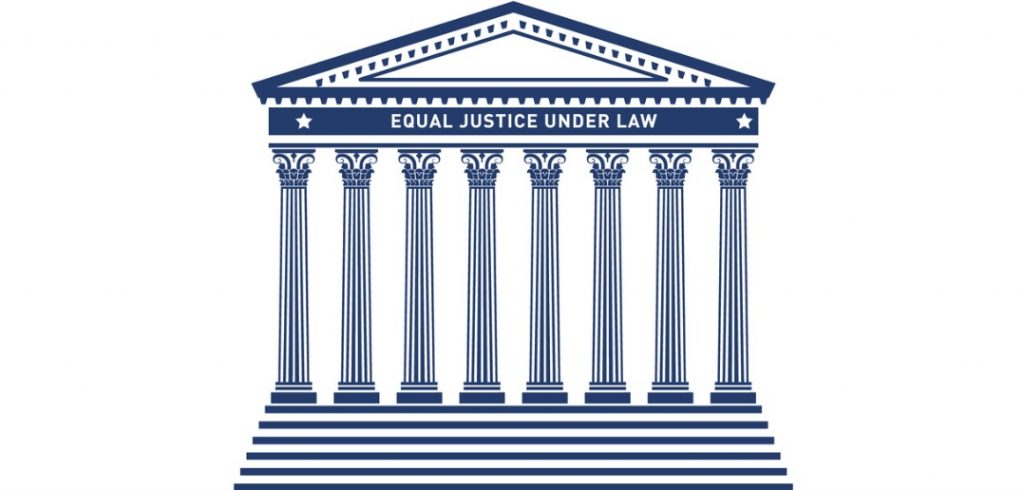In April, Fordham Law’s Louis Stein Center for Law and Ethics filed an amicus brief in support of the cert petition in a death penalty case, Williams v. Texas. In its brief, the Stein Center argues that the defendant was denied his due process right to a disinterested prosecutor because a prosecutor working on the case behind the scenes had a conflict of interest: the murder victim had been the prosecutor’s colleague.
The brief—which cites scholarship authored by Louis Stein Chair and Professor Bruce Green, who directs the Stein Center—was drafted by a team led by Ellyde Thompson ’08, a Quinn Emanuel partner and Fordham Law graduate who has previously drafted other amicus briefs on the Stein Center’s behalf. Gregory Manring ’18 and Owen Roberts (Harvard Law ’14), both of whom work with Ellyde as associates in Quinn Emanuel’s New York office, also volunteered their time to work on the brief and carried the laboring oar.
The U.S. Supreme Court hears only around 100 cases or fewer out of approximately 10,000 petitions (called “cert petitions”) that it receives each year from parties asking the Court to take their cases. At least four justices must agree that there are sufficiently compelling reasons to hear the case. The Stein Center hopes that its amicus brief will encourage some of the Justices to recognize the importance of issuing a decision establishing that a criminal defendant may not be prosecuted by one whose personal interest will lead to distorted judgments.
Manring and Roberts helped supplement the amicus brief with both constitutional law background and information as to why this case implicates important ethical rules for prosecutors.
Manring, a former Stein Scholar, said he jumped at the opportunity to collaborate with the Stein Center for the first time in three years since graduating. He noted that although this wasn’t his first pro bono case, he was excited to be more involved with a case that required high-level appellate writing. Manring ordinarily focuses on complex commercial litigation in his practice. “I think it’s really important, especially for young lawyers, to not only give back to the community,” he said, “but, also get substantive experience through this kind of work.”
Manring said that he learned a lot during the three-week period it took to draft the brief with the team—including discovering how there is unsettled constitutional law in this particular area. “The U.S. Supreme Court has not said that the due process clause affords a criminal defendant the right to a disinterested prosecutor at all,” he explained. “A lot of state courts and even federal circuit courts have done so, but the Supreme Court has never affirmatively clarified this issue.”
Manring added that he would love to work with the Stein Center again in the future, should the opportunity present itself. “It was a great experience and working with Professor Green is always great,” Manring said of the pro bono case. “The Stein Center’s mission is so important and having a partnership like that was really fulfilling for me.”

